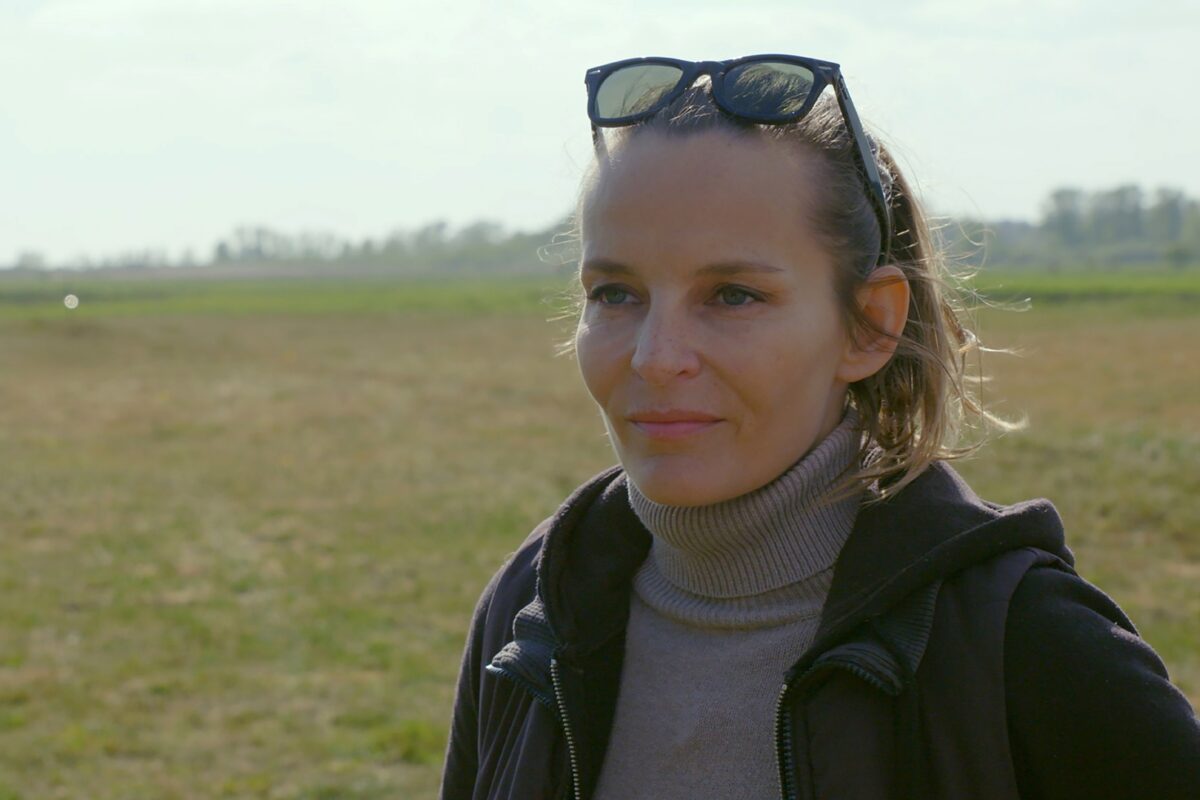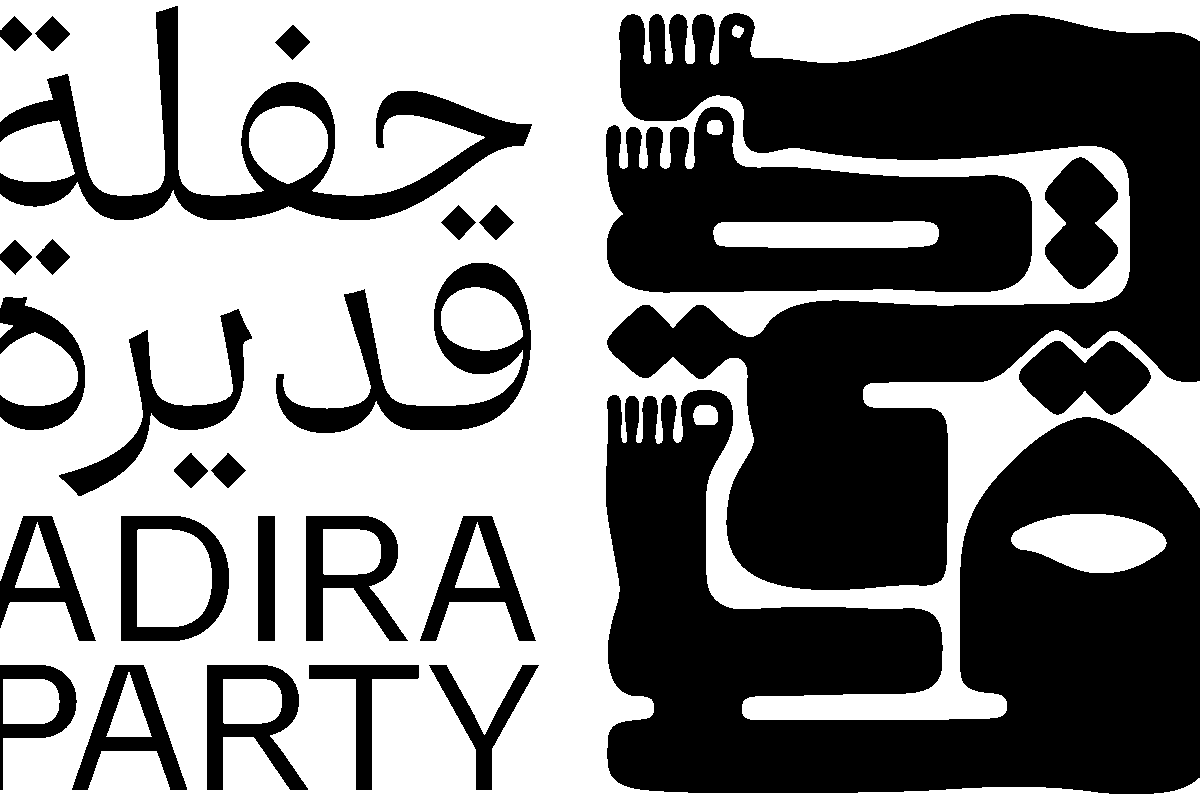The film opens with what seems to be home movie footage. A woman is swimming in the sea with her children. All are naked. A shout out to the old Freikörperkultur of East Germany. A time that is in living memory, but still so far away.
One of the children is presumably Christoph Eder, the director who has made a film about his home village of Göhren auf Rügen. Like most people of his generation, Eder no longer lives there – after the wall came down, anyone without family ties went West in search of employment or education. But he obviously feels a deep emotional bond with the villagers who are currently fighting against the encroachment of property developers.
Since German reunification, one man in particular, Wilfred Horst, has been buying up the land around Göhren. Now he is planning to build holiday homes on the surrounding fields. Villagers rightly fear that this will damage both the environment and the beauty of their tranquil village. It turns out that the “hospitals” which he says he wants to build are in fact “wellness clinics”, in other words hotels for sick, and usually wealthy, tourists.
Horst is not able to proceed without planning permission. The film contains a lot of clips from sittings of the Gemeinderat (local council). Each time, much the same thing happens. The council members – mainly older men with the occasional older woman for diversity sit at the front of a hall. The many villagers in the audience ask questions which are batted away. Then the Gemeinderat votes to give Horst more rights to build, usually with the same minority voting against.
The Gemeinderat is dominated by 4 men, known as the “Vier von der Stange”. I can’t think of a satisfying translation – maybe “four off the rack”. The implication is that they will always do Horst’s bidding- The four are rarely to be seen without a large glass of Rostocker beer and a chaser of Schnapps or maybe something more deadly. They are genial enough, which is presumably why they’ve been able to stay in office for decades. But one woman now wants to change this.
Nadine Förster doesn’t look like she’d ever come close to the counter culture. But together with her father (who we learn in passing is a CDU councillor), she has formed the Citizens Initiative “Liveable Göhren”. This film mainly concentrates on their attempt to get people from the Initiative onto the Gemeinderat and to stop the rapacious developers.
This might not sound so exciting. However ‘Wem gehört mein Dorf?’ is a fascinating depiction, of how gentrification is not just something that happens in big cities, and of what has happened to the Eastern part of reunified Germany. Or, as Eder said in an interview: “It is a film which tells a story about democracy in East Germany, without reproducing the Eastern clichéd image of Nazis, prefab buildings or Stasi.”
Wulf Sörgel runs the Moviemento cinema here in Berlin, and says: “It is truly an amazing film as it tells how people would actually start being political and maybe even start acting political or even becoming political activists and how then they might succeed achieving something, despite they felt completely powerless in the beginning.”
The film shows a very parochial kind of activism, but this is none the worse for that. There are several issues that it doesn’t address, such as the nature of Citizens Initiatives, which come from a disillusionment from establishment politics which could also push a reactionary agenda – such as the campaign against minarets in Switzerland. But this was not in the remit of this film, nor should it have to be.
Nonetheless, I would love to see this other film. How do politics work in an area where official politics have broken down, where the Left is identified with the Stasi, and where leading Conservatives can be leading a fight against the encroachment of capital? When the age group from which activists traditionally emerge is absent, how do people organise? But until this film is made, we still have this one.
It is unclear what the motivation of many of the protagonists is. Are they fighting capitalism, or just trying to preserve an old way of life who’s time has come and gone? Are they trying to change the world or fighting as hard as they can to prevent any change? The film does not offer any answers to these questions, but the fact that it causes them to asked is a great start.
‘Wem gehört mein Dorf?’ is showing in Berlin cinemas now.



